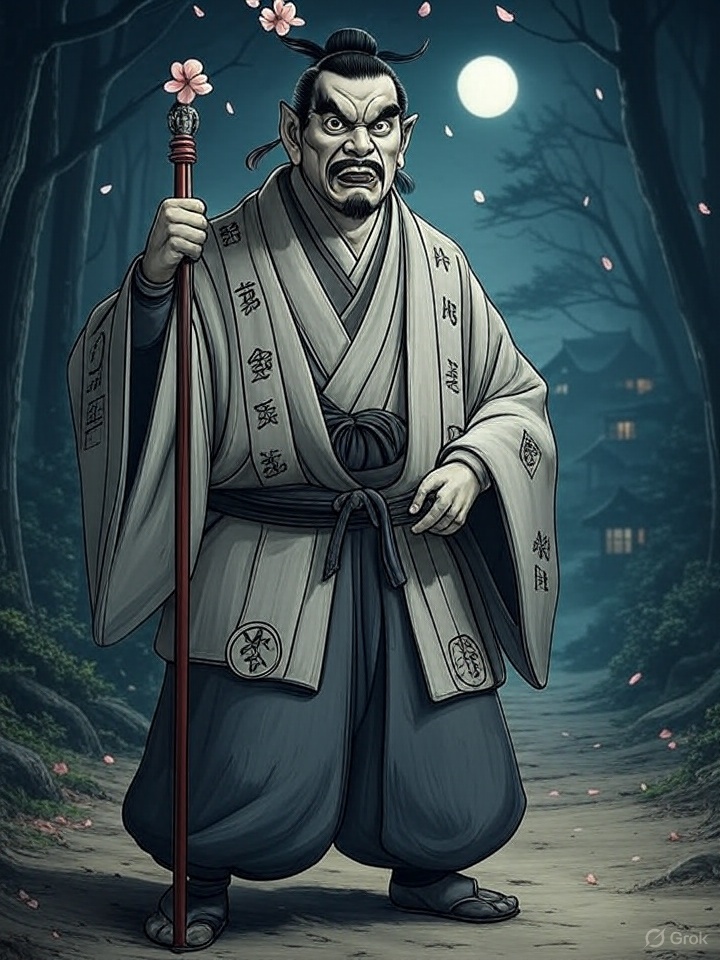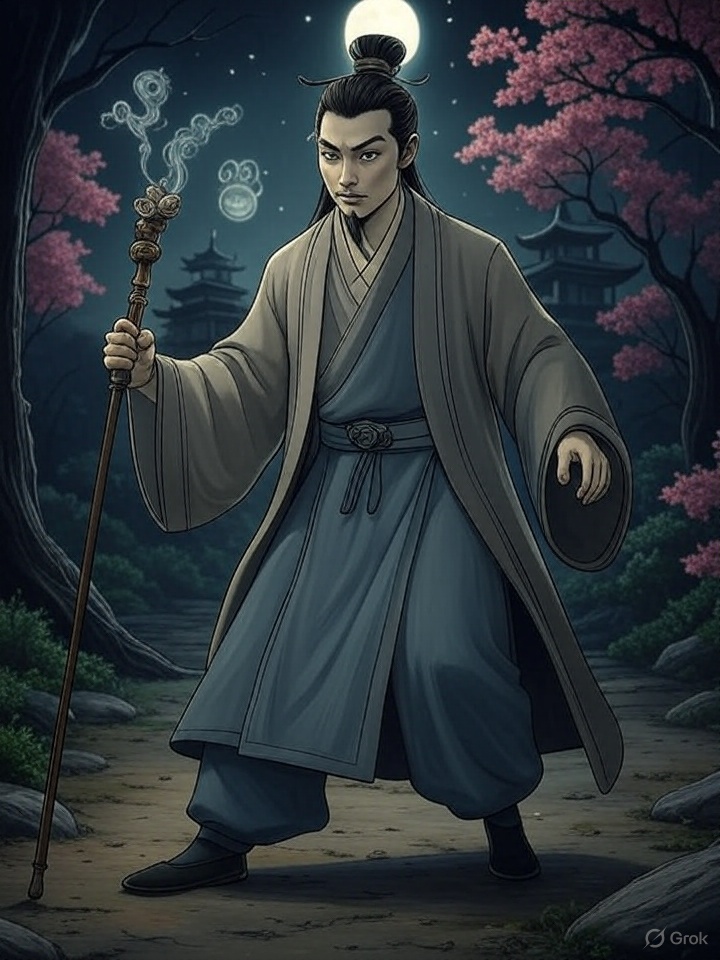Name Meaning
Overview
Shōki (鍾馗) is the Japanese pronunciation of Zhong Kui, a famous figure from Chinese mythology known for exorcising demons.
- Shōki = Demon-queller or ghost banisher
Origin
- Originates from Tang dynasty China, later adopted into Japanese folklore.
- In Japan, he's often seen during Tango no Sekku (Boys’ Day) for protection.
- Depicted in prints and placed on roofs to ward off evil.
Appearance
- Portrayed as a fierce man with a bushy beard and stern eyes.
- Wears a scholar’s robe and wields a sword to fight oni and malevolent spirits.
Behavior & Myths
- Banished demons and evil spirits with sheer presence and swordsmanship.
- Said to patrol rooftops and guard children during seasonal festivals.
- Some believe he appears in dreams to defend people against nightmares.
Symbolism
- Symbol of courage, righteousness, and protection from evil.
- Linked with health and the wellbeing of children and scholars.
- Worshiped or displayed as a household guardian.

